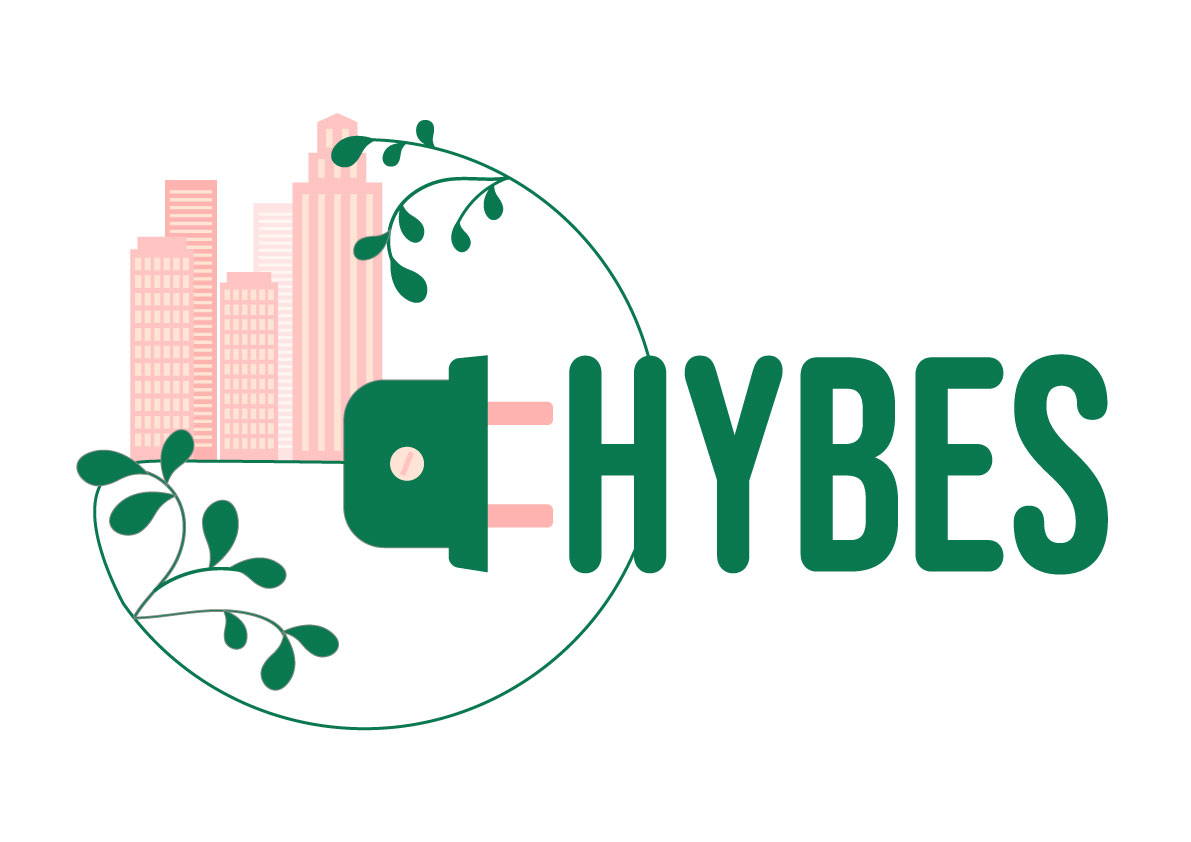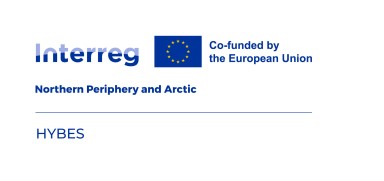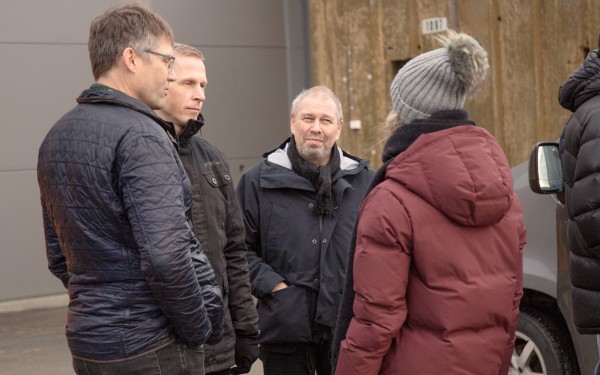

HYBES project priority is to strengthen the capacity for climate change adaptation, and resource sufficiency in NPA communities (Northern Periphery Areas), as well as to promote energy efficiency and reduce greenhouse gas emissions.
We need to rethink and develop energy efficient solutions and combine different renewable energy carriers for buildings and transportation.
To reach the EU goal to make buildings energy- and CO2-neutral it is important to take into use and combine different energy technologies. To build in this flexibility and capacity will make the energy infrastructure less vulnerable and reduce future infrastructure cost substantial.

HYBrid Energy Solutions for buildings, and infrastructure (HYBES) project will use the Quadruple helix approach to jointly create knowledge-based tools and activities for promoting improved energy efficient solutions to achieve substantial reduction of greenhouse gas emissions within the NPA region. The project combines the concept of ‘Living Labs’ and the roll out of innovative tools to establish dedicated Decarbonisation Zones (DZ) in rural and peripheral regions. HYBES aims to build a knowledge-based ecosystem within rural communities to promote DZ opportunities and to build citizen capacity to achieve carbon neutral goals. HYBES will refine the ‘Living Lab’ concept in five partner regions; Norway, Sweden, Ireland, Iceland and the Faroe Islands. Through these Living Lab projects partners will build citizen knowledge and understanding about the importance and benefits of decarbonisation. HYBES will engage with communities who often feel marginalised by carbon neutral policies. HYBES will demonstrate how decarbonisation measures can benefit communities and individual households both financially and environmentally using existing best practices and novel innovations. The critical element will be to demonstrate through tangible outputs and education the value of decarbonisation. The project will:
- Refine 5 ‘living labs’ in regions to promote and develop dedicated Decarbonisation Zones in rural and peripheral areas which can be replicated across the NPA region & beyond.
- Identify good practices and techniques that can address decarbonisation challenges and help achieve carbon neutrality.
- Facilitate co-creation and citizen engagement as a means of building citizen knowledge around the benefits of decarbonisation.
- Offer interaction with communities and stakeholders within NPA region.
- Develop a ‘carbon school’ initiative which will enable school children to see first-hand the benefits of decarbonisation initiatives with the aim of developing curriculum change.




